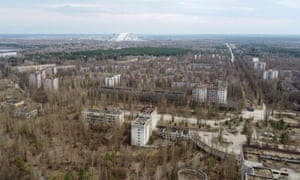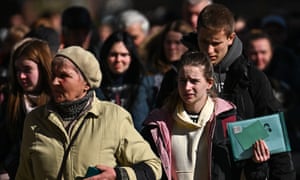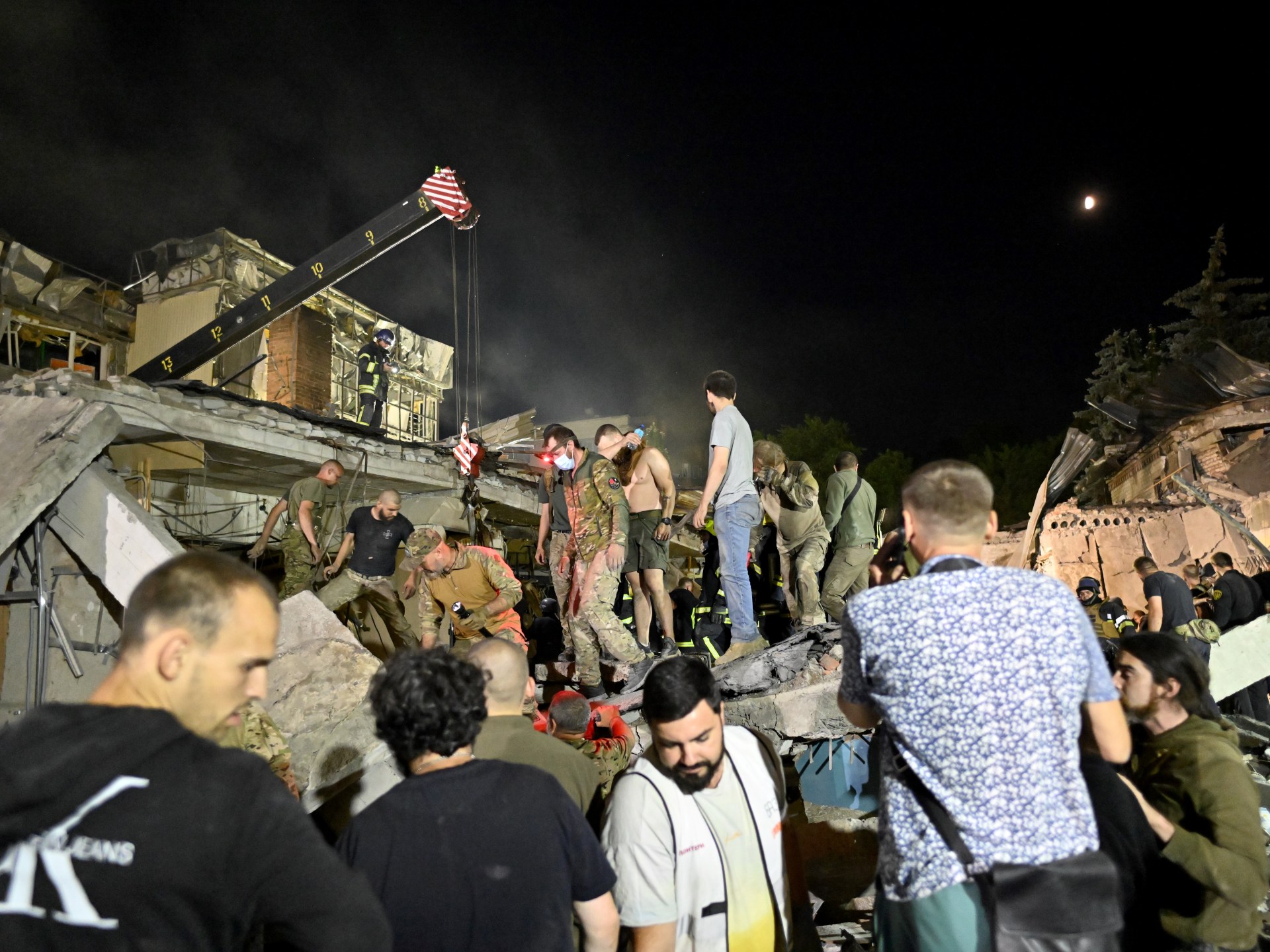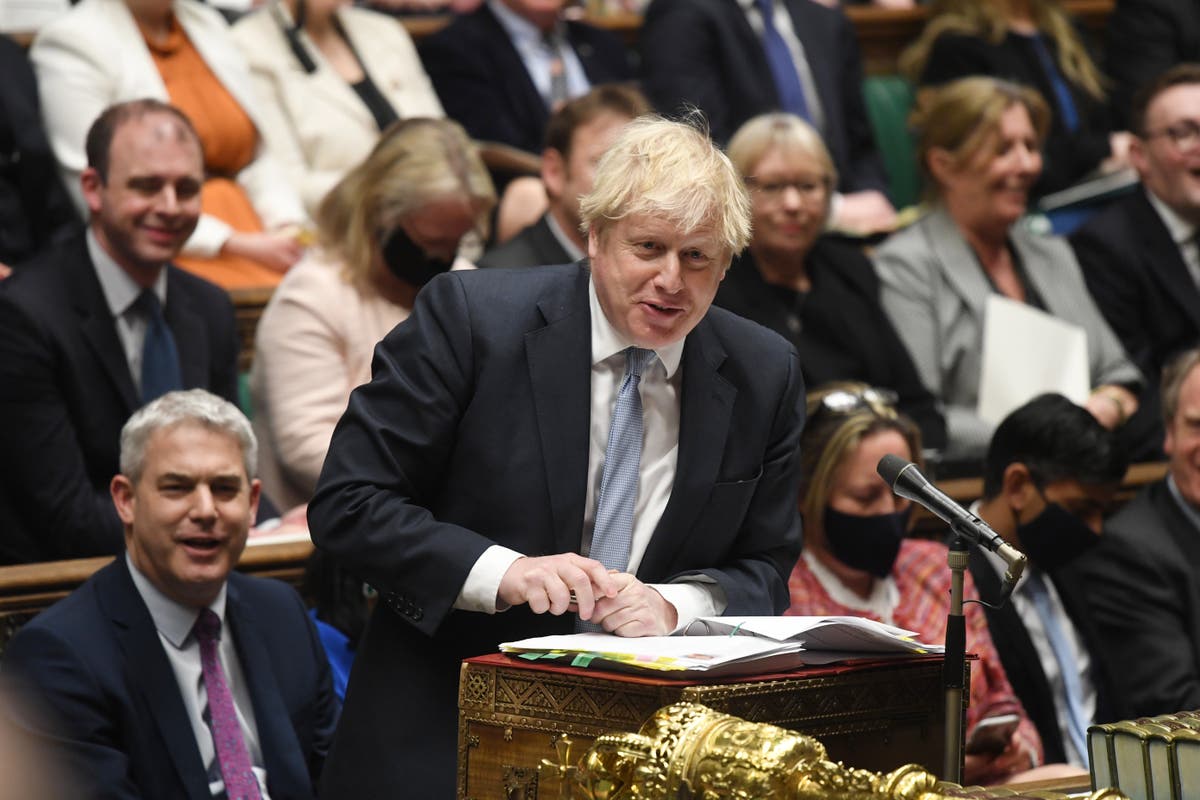Russia-Ukraine war: Russian forces now ‘inside Mariupol’; 2,389 children ‘kidnapped’ by Russian forces, US says – live | World news
14:32
At the White House, Sullivan was asked about what the US and allies would do if China decides to supply arms to Russia to shore up its invasion of Ukraine, Julian Borger reports.
The president will certainly consult on the question of China’s potential participation in the conflict of Ukraine while he’s in Brussels.
He’ll do so with Nato. He’ll also do so when he addresses the 27 leaders of the European Union because on April 1, the European Union is having a summit with China. And so this will be an opportunity on Thursday for the United States and our European partners to coordinate closely on what our message is.
We believe we’re very much on the same page with our European partners and we will be speaking with one voice on this issue.
Sullivan was also asked about Joe Biden’s decision to visit Warsaw, especially as his vice president, Kamala Harris, has just been there.
“Poland has taken the brunt of the humanitarian impact outside of Ukraine in terms of the refugee flows,” the national security adviser said.
Poland is where the United States has surged a significant number of forces to be able to help defend and shore up the eastern flank. Poland has to contend not just with the war in Ukraine, but with Russia’s military deployments to Belarus, which have fundamentally changed the security equation there.
And so for all of those reasons, we feel that it is the right place for him to go, to be able to see troops, to be able to see humanitarian experts and to be able to meet with a frontline and very vulnerable ally.
Updated
14:21
14:13
14:08
The US national security adviser, Jake Sullivan, is briefing the White House press about Joe Biden’s trip to Brussels and Warsaw on Thursday and Friday, Julian Borger reports.
He said the US and allies would announce a new package of sanctions on Russia on Thursday. Sullivan did not go into details but he said:
One of the key elements of that announcement will focus not just on adding new sanctions but on ensuring that there is joint effort to crack down on evasion, on sanctions-busting, on any attempt by any country to help Russia basically undermine, or weaken, or get around the sanctions.
“That is an important part of this next phase,” Sullivan said.
We have applied an enormous amount of economic pressure, and in order to sustain and escalate that pressure over time, part of that is about new designations, new targets, but a big part of it is about effective enforcement.
13:55
Updated
13:42
13:30
Russian forces shell children’s hospital in Luhansk Oblast, Ukraine emergency services say
13:15
The Kremlin says it would not “engage in state-level banditry”, rejecting President Biden’s warnings that US businesses could become potential targets for cyber-attacks by Russia, Johana Bhuiyan reports.
Biden on Monday said that there was “evolving intelligence” that Russia was considering options to attack the US, to which Kremlin spokesperson Dmitry Peskov responded:
The Russian Federation, unlike many western countries, including the United States, does not engage in state-level banditry.
In the event of cyber-attacks, expert Glenn S. Gerstell told Guardian reporter Kari Paul that the private sector in the US is not well equipped to defend itself because companies have been historically “reactive and side-stepped cyber-responsibility”.
“We’re prepared to respond in the sense that our military has an extraordinary offensive capability to respond on a cyber level – but we are not ready to defend as a country,” Gerstell said.
The private sector is not prepared for attacks. It has relied on buggy software to protect itself, and cyber-threats are growing faster than our ability to adapt to them.
We need to impose some kind of mandatory solution, because the pure market solution isn’t viable.
Pentagon spokesperson John Kirby said the US Department of Defense has yet to encounter any cyber-attacks but that they “wanted to make sure that leaders knew and were aware that the Russians would probably try this kind of tactic going forward”.
Though there was no certainty an attack would occur, senior White House cybersecurity official Anne Neuberger said companies that provide critical infrastructure should bolster their cyber-defences.
Updated
13:07
The Pentagon has been briefing the press off-camera, Julian Borger writes.
For all the talk of potential chemical or biological weapons, the US military sees no signs such weapons are being prepared for imminent use, according to reporting from the briefing.
A senior defence official said there is bitter fighting in and around Mariupol, which the Russians want to be able to declare as a first strategic victory and also use to prevent Ukrainian forces being diverted to defend Kyiv. The port city is now under naval shelling from ships in the Sea of Azov.
Around Mykolaiv, meanwhile, the Russians are having to withdraw in the face of pushback from the town’s Ukrainian defenders. There is also a Ukrainian counterattack around Izyum, a town 75 miles south of Kharkiv.
The official said there are early indications that the Ukrainians are “now able and willing to take back territory”.
The Pentagon said there are continuing morale issues among Russian troops, with food and fuel shortages, as well as frostbite due to a lack of warm weather gear. “They’re struggling on many fronts,” the US official said.
Updated









